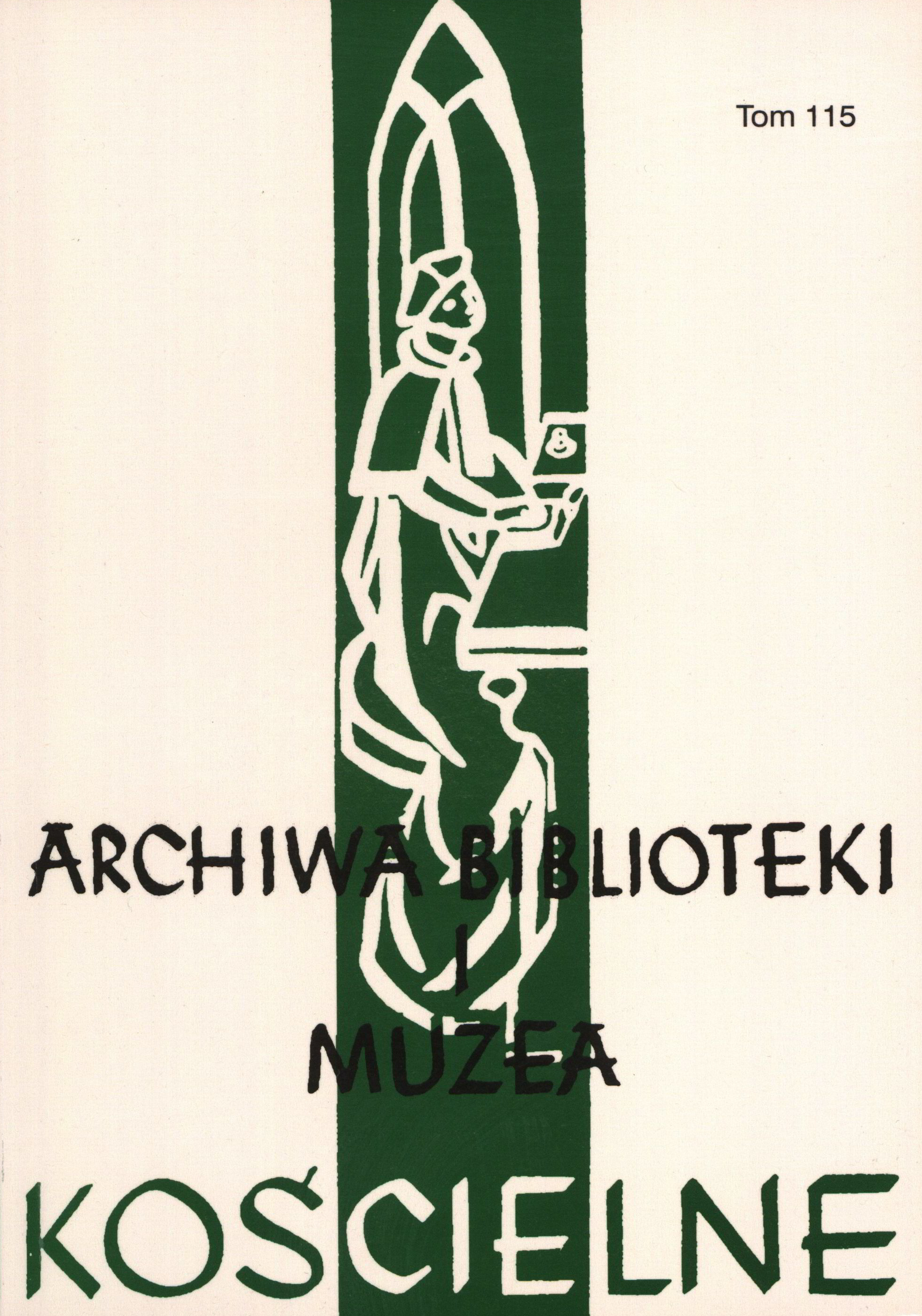Wkład Kościoła katolickiego w Republice Litewskiej (1918-1940) w narrację o tworzeniu nowoczesnej Litwy
The Contribution of the Catholic Church to the Creation of a Story About Modern Lithuania in the Republic of Lithuania (1918–1940)
Author(s): Dangiras MačiulisSubject(s): History
Published by: Katolicki Uniwersytet Lubelski Jana Pawła II - Wydział Teologii
Keywords: The Catholic Church; the clergy; the interwar period; the Republic of Lithuania (1918-1940); collective memory; memory culture
Summary/Abstract: The establishment of the Lithuanian state and the consolidation of independence in the Republic of Lithuania (1918–1940) was accompanied by the construction of an appropriate collective memory and the accompanying historical narrative. The Catholic Church in Lithuania at that time was an authoritative institution that influenced various spheres of domestic life in the country; therefore, it could also influence the collective memory. This article attempts to answer whether the Catholic Church in Interwar Lithuania sought to form a collective memory. It is stated that the Lithuanian Episcopate did not demonstrate a purposeful desire to form a collective memory because it did not have a clear and unified approach to the culture of memory. There were other reasons: at first it was hindered by the worries of creating an independent ecclesiastical province of Lithuania, and from the end of the 1930s the Church’s relations with the government became strained, as the latter hindered the social activity of Catholic society. The Church did not specifically shape its own story about the creation of a modern Lithuanian state and the history of modern Lithuania. However, the Church turned to this past when, in defending the freedom of action of the Catholic Church, it wanted to emphasise the role of the Church in the creation of an independent state of Lithuania.
Journal: Archiwa, Biblioteki i Muzea Kościelne
- Issue Year: 2021
- Issue No: 115
- Page Range: 301-322
- Page Count: 21
- Language: Polish

